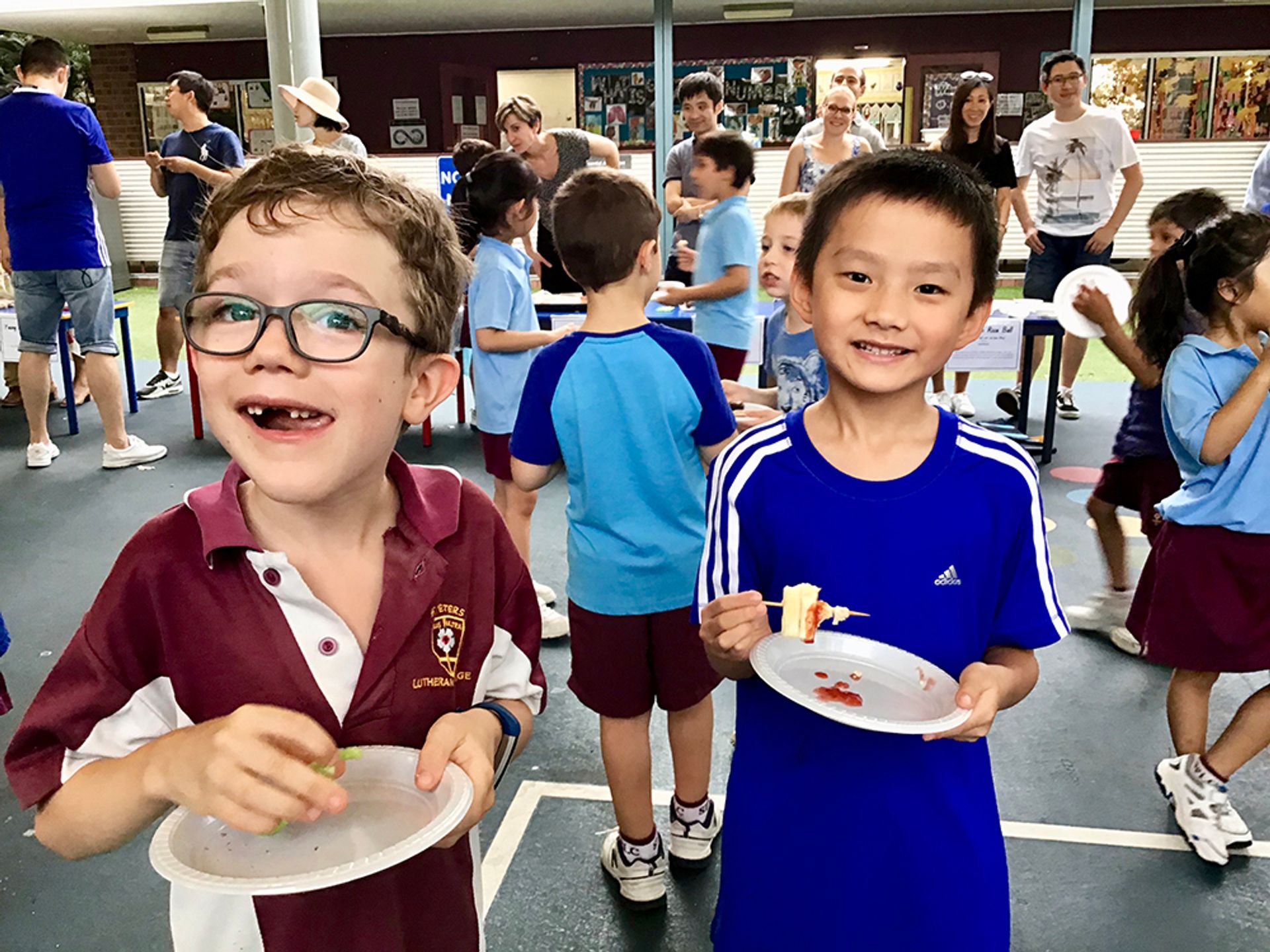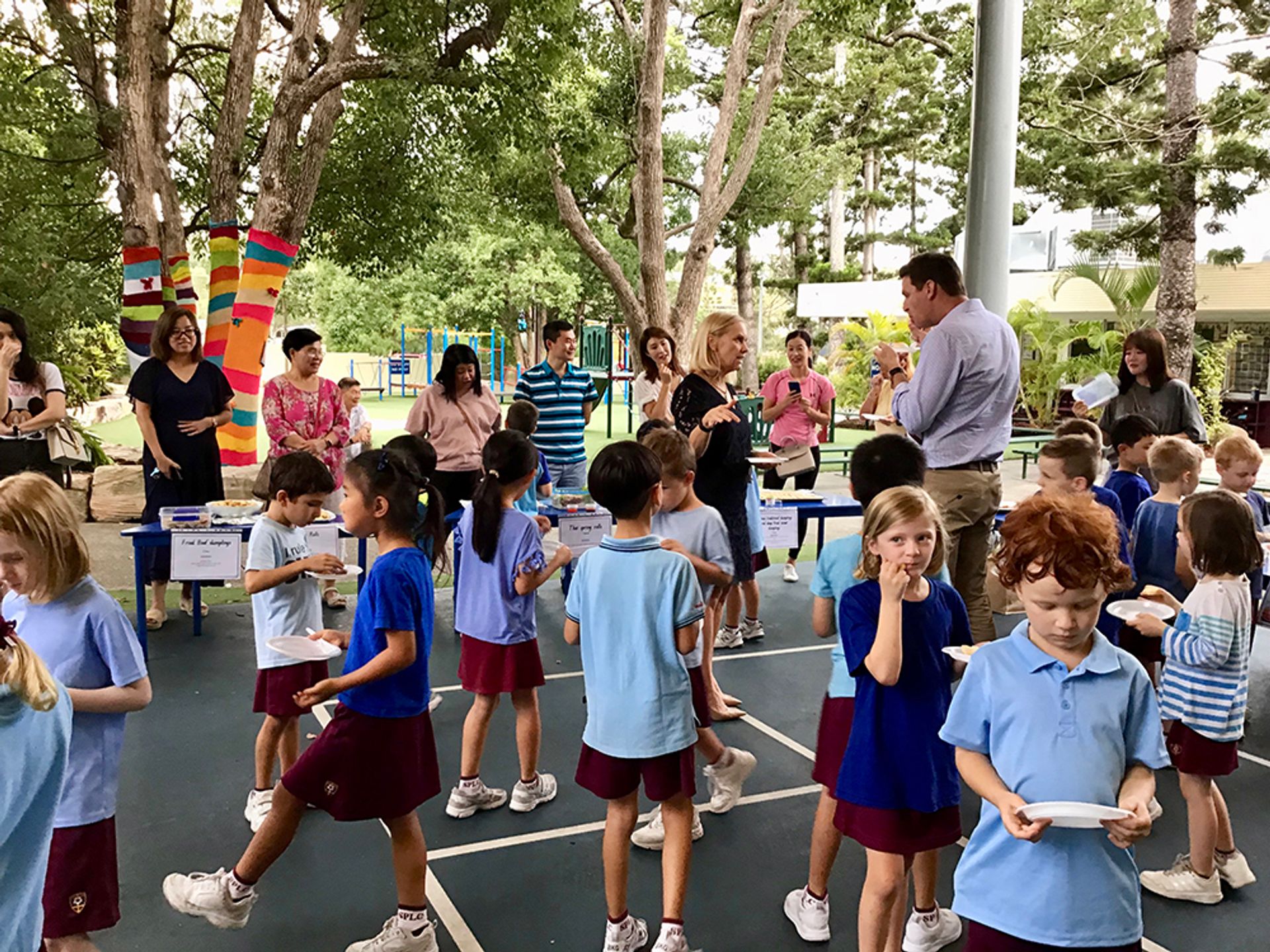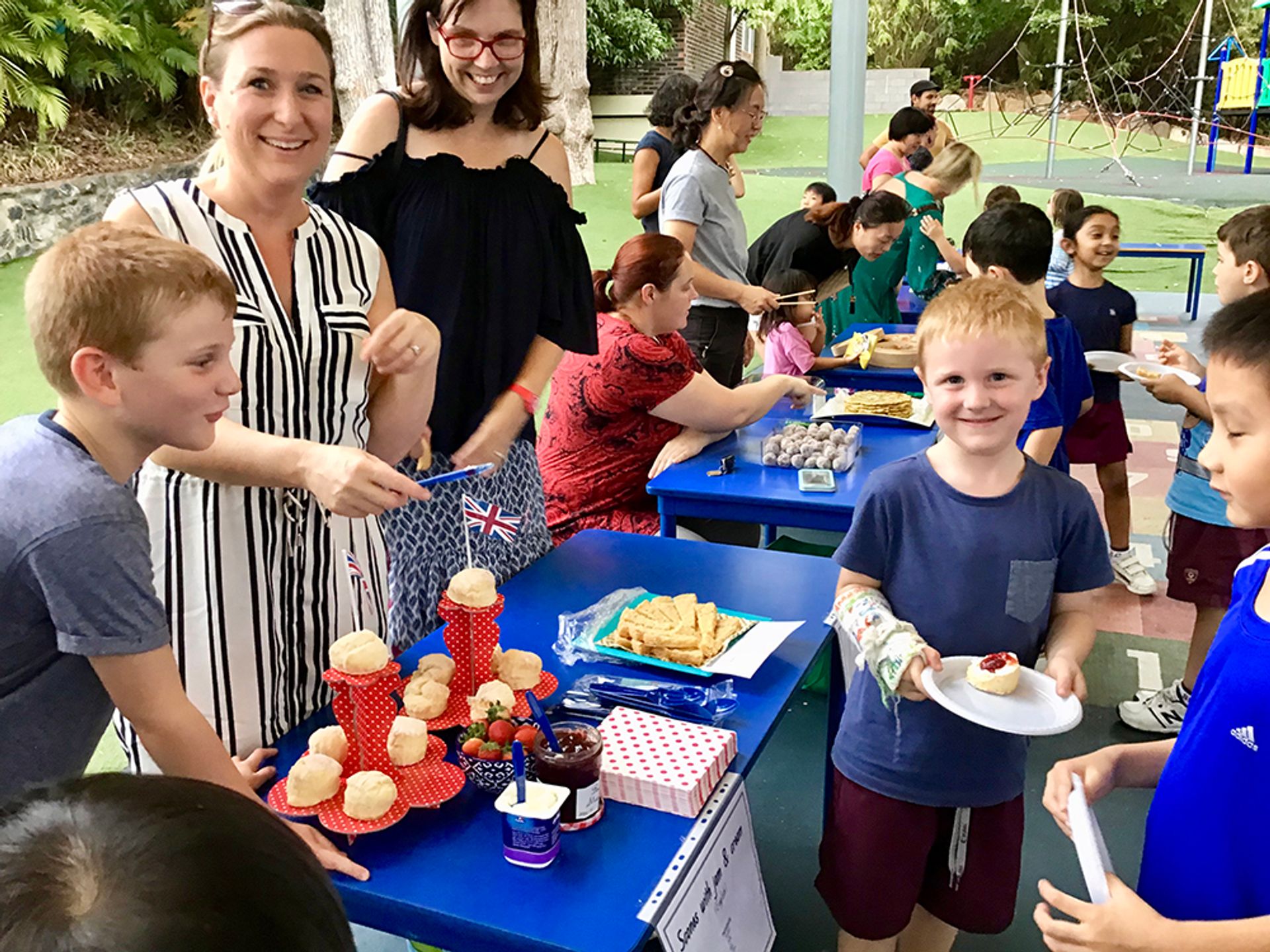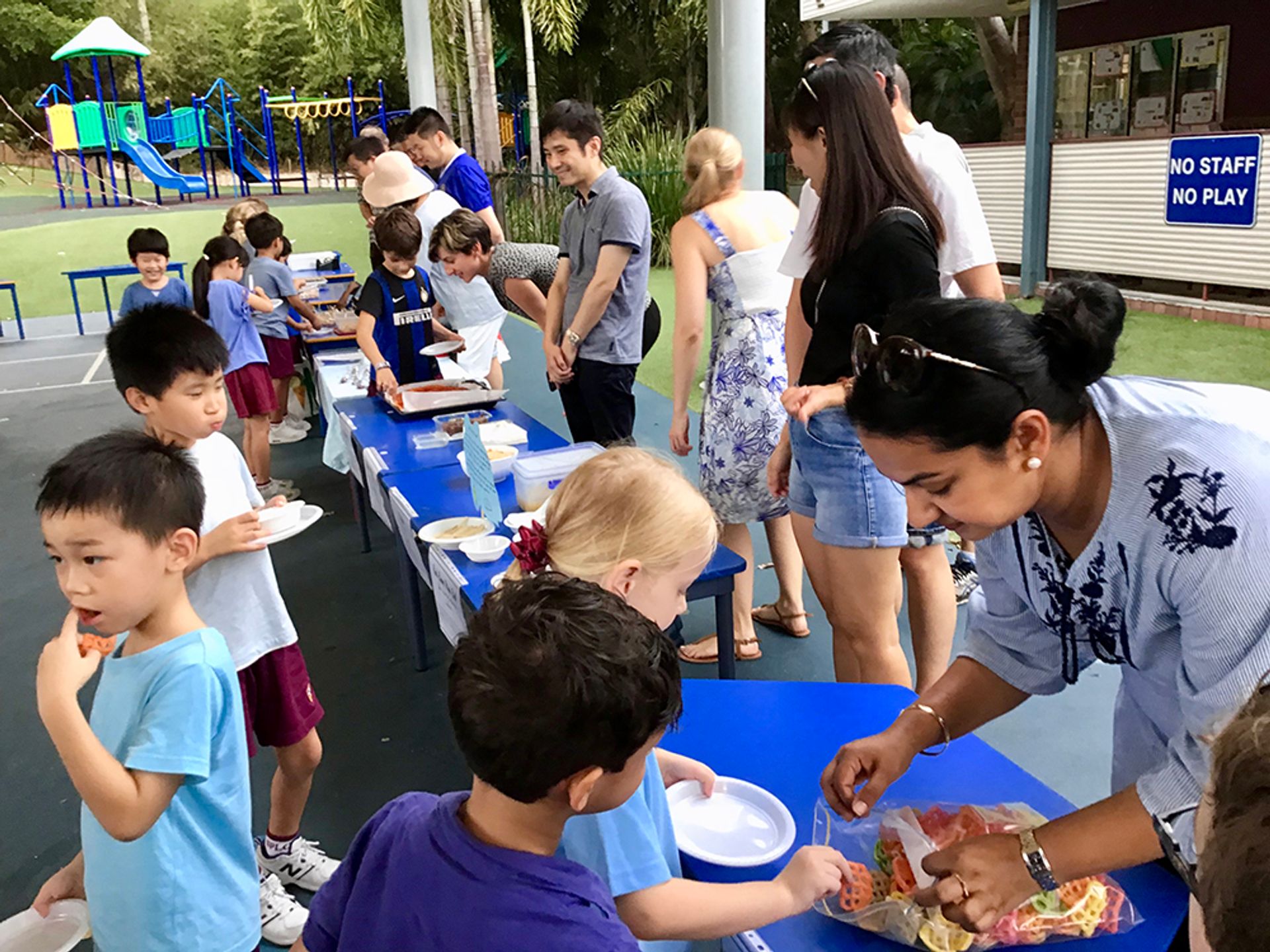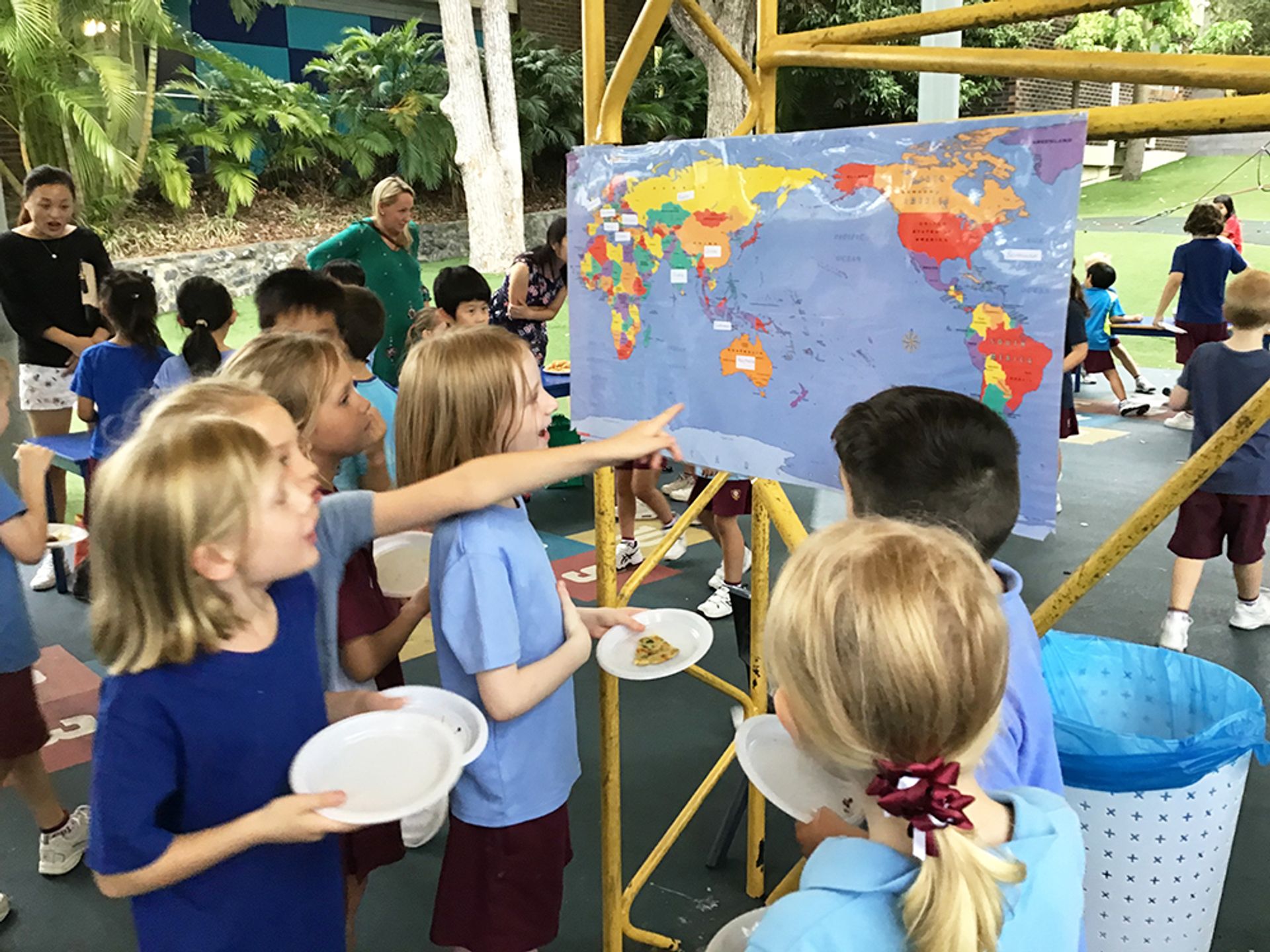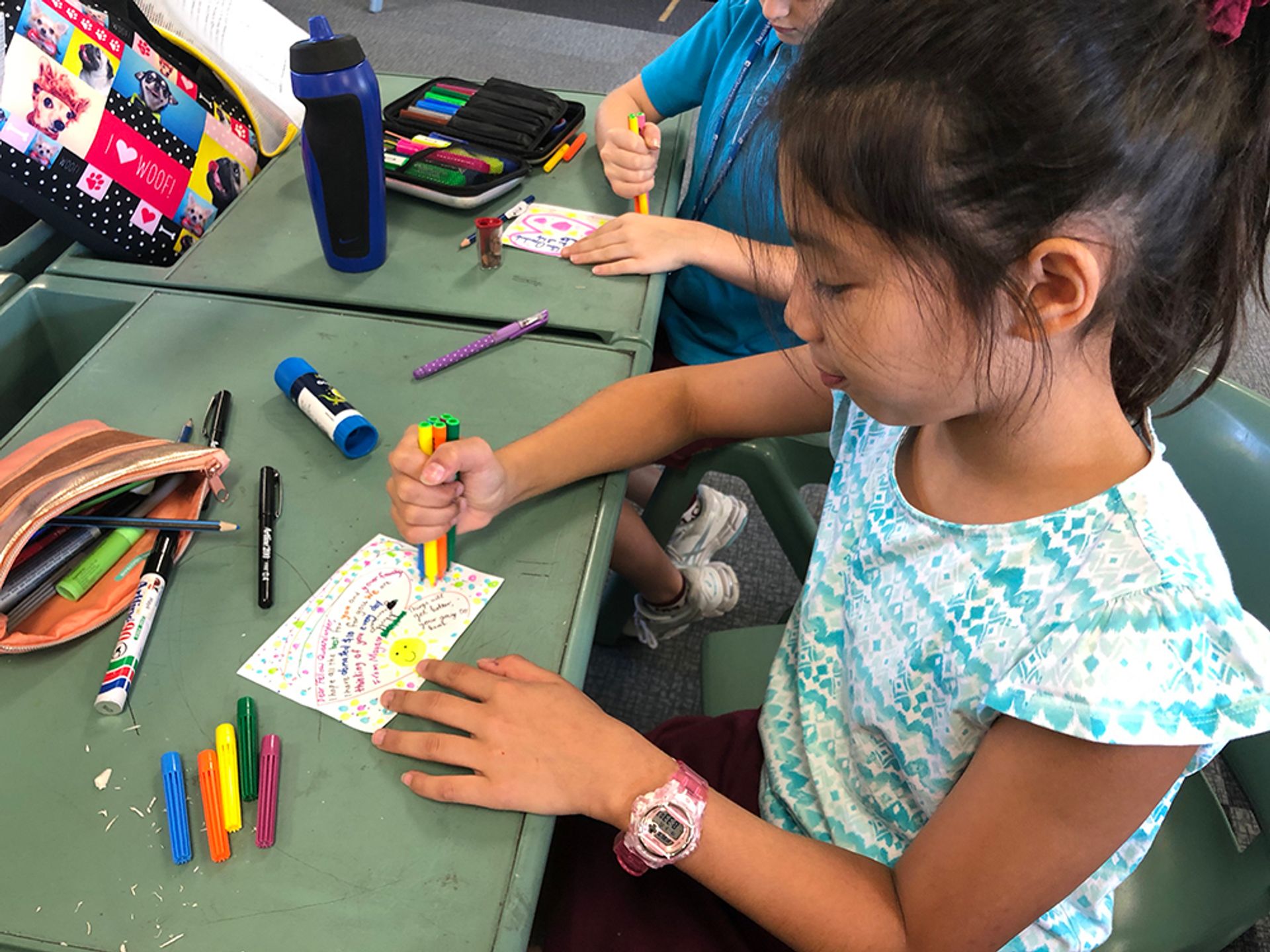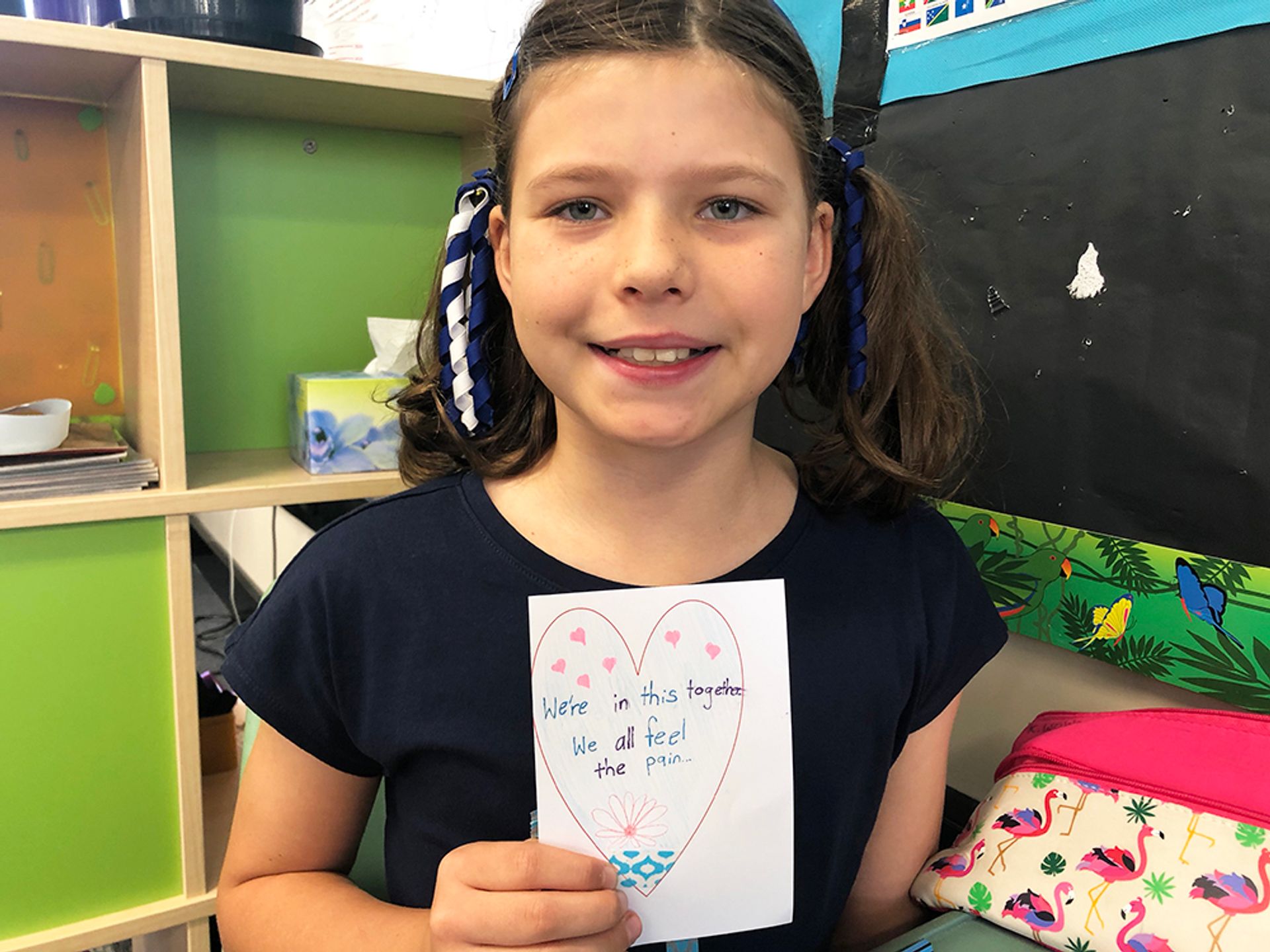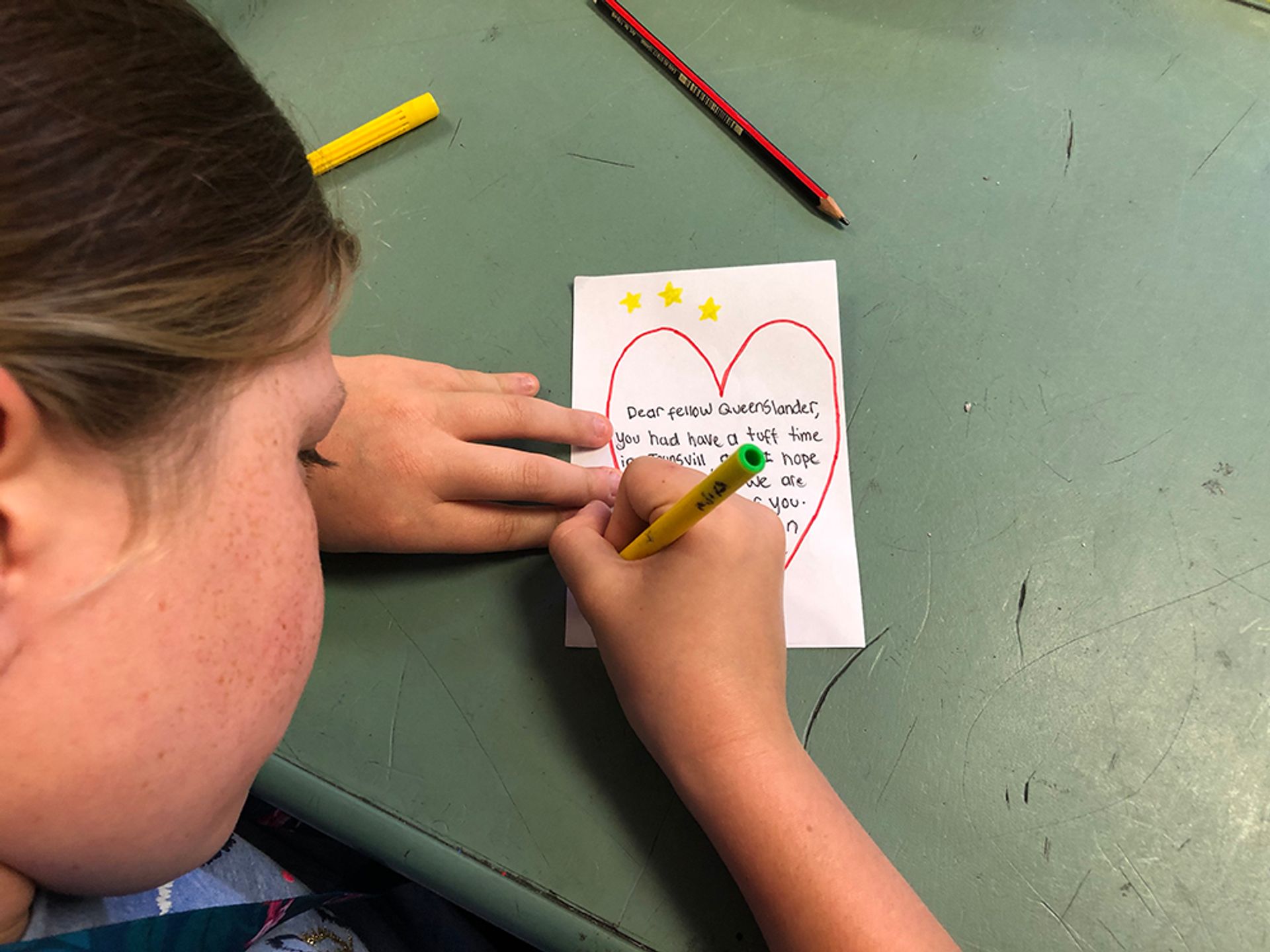As an authorised Primary Years Program (PYP) school, parents and teachers are seeing overwhelming benefits from the PYP’s Units of Inquiry (UOI). Students are becoming more independent in the way they approach tasks and develop problem-solving skills for a progressive future.
The Units of Inquiry comprises of six trans-disciplinary themes which tie into:
- Who We Are—the nature of self, our communities and relationships;
- Showing the Planet—the environment;
- Where We Are in Place and Time—understanding where we come from, where we’re going to;
- How We Express Ourselves—the nature of art, how we express ourselves culturally;
- How the World Works—looking at the world scientifically;
- How We Organise Ourselves—focus on sociology.
The units help students unpack issues and themes throughout primary school in the lead up to their senior years. Simone Mitchell, Head of Prep–Year 6 Curriculum, explains, “It’s not that we’re the owners of the knowledge and we’re going to impart that upon the students. It’s about engaging students as active participants in the learning process—they’re not just passive recipients.”
Benefits create ripple effect in the community and beyond
Year 1s have completed their Who We Are unit by studying celebrations and people’s cultural identity. They’ve been looking at global celebrations and how this makes them unique and special. “This pulls in their English curriculum, ChristianStudies—understanding and appreciating different cultures,” says Simone. At the end of the unit students participated in a food-sharing afternoon. “Parents brought in food and we enjoyed sharing, not only the amazing food from around the world, but also in sharing in the connections these foods had to celebrations and student learning.”
“That afternoon really developed personal connections and I think students and families felt valued as part of that. It helps build the tolerance, understanding and acceptance that kids naturally exude.”
During the unit, students were so excited when teachers spoke about Chinese New Year and the Diwali Festival as they were able to share their own personal connections with the celebration.
Year 3 completed a unit on Healthy Lifestyle. They talked about making healthy lifestyle choices which covers the Health curriculum, incorporating spiritual and mental health. “While looking at healthy systems one of the children discovered that there were 10,000 km worth of blood vessels within the body,” says Simone. That allowed students to talk about place values and have a further understanding of numbers.
Year 5 will embark on a Scientific unit Mechanica based on a remarkable book, by Lance Balchin, which looks at animal adaptations. Through Mechanica students will learn the science content about biomes and adaptations in creating their own creatures. They will develop an understanding around what animals and organisms need in a particular environment. Simone says, “we’re also inviting the author to come in to talk to students about writing and creation. This will strengthen the English curriculum regarding information and report writing.”
Student-led and student-driven
Another significant element of the inquiry cycle, and part of the PYP, is student-led and student-driven action—‘What can we do about it?’ Some of those actions might be as small as a Year 3 student lecturing their siblings on the amount ice-tea they’re drinking and the sugar in it. The action can be small and family-based or it can be a bit larger.
When Year 5 worked on How We Organise Ourselves —the question was asked ‘What can we do about it?’. Tenner for Townsville came out of that. Year 5 students handed out cards for others to write on, they collected the money and then collected the cards. The donations and good wishes will be presented through a Lutheran Church up north. “It’s amazing the way connections are made,” explains Simone, “their motivation and level of engagement means students want to be involved.”
Learning how to learn
“I think St Peters students are becoming more independent. If we can give them skills for learning how to learn and be tolerant, open minded and to take appropriate risks and to be questioning, that’s the skills we want them to develop and they’re certainly things we’re really seeing in all of our students.”


